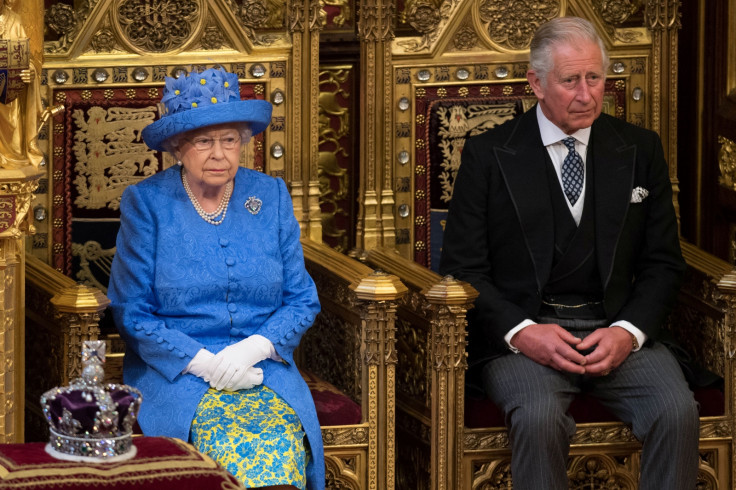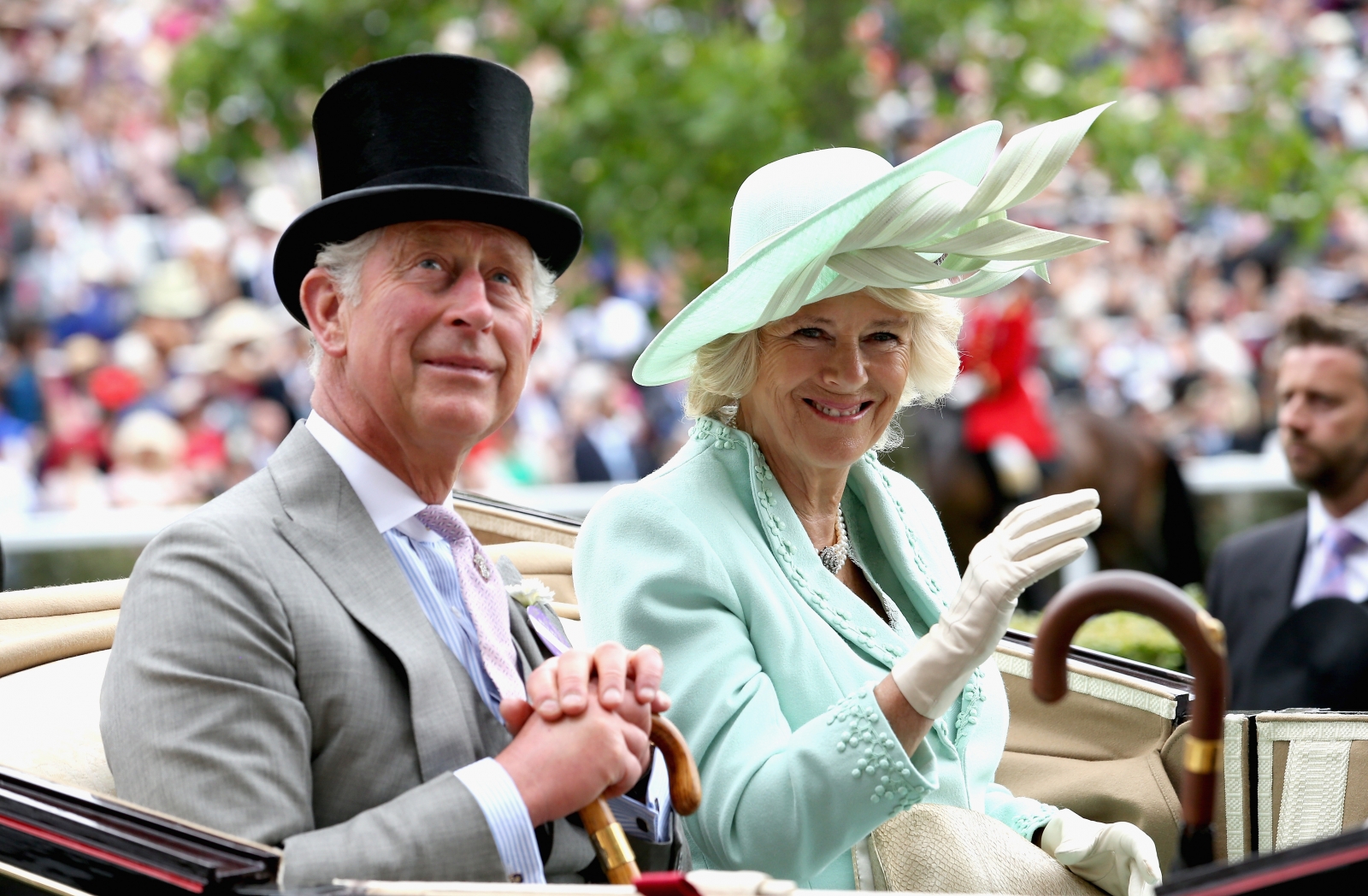Princess Diana death sparked major row between Prince Charles and the Queen: 'Monarch not mother'
The Queen was fond of Camilla but 'wanted her gone' in the aftermath of Diana's death.

Princess Diana's death was the source of a major fallout between Prince Charles and the Queen, an explosive new biography reveals.
In The Duchess: The Untold Story, author Penny Junor details how tensions rose between Charles and the Queen over his then-mistress Camilla, the Duchess of Cornwall, in the days after Diana's untimely death in August 1997.
Charles and his mother were staying at Balmoral castle in Scotland when they were informed of the Paris car crash, which killed Diana along with her boyfriend Dodi al Fayed and driver Henri Paul.
Keen to rush to his ex-wife's hospital bedside, Charles, 68, wanted to use the Queen's private plane to jet over to France quickly but he was advised by Her Majesty's deputy private secretary, Robin Janvrin, that he was unlikely to get permission.
According to the book, the Queen left Camilla to comfort Charles throughout the night causing a deeper rift between mother and son. It was also Camilla who supported Charles when it was announced that Diana had died – the star-crossed lovers initially thought the princess had minor injuries such as a broken arm.
Junor writes: "So when he rang at 3.45am with the news that Diana had just died on the operating table, [Camilla] was as shocked as he was — and terrified for him. They spent a long time on the phone for what remained of the night. Charles knew immediately what the public reaction would be: they would blame him. The world would go mad, he thought, and the monarchy could end up being destroyed."
As Junor describes it: "There followed the most extraordinary and dangerous week for the Royal Family, who remained in the Highlands while the rest of the country went crazy.
"No, for many people, the real villain was Charles. If he'd loved Diana as he should have done, if he had honoured his marriage vows and not committed adultery with Camilla Parker Bowles, then the Princess would never have been racing through the streets of Paris without proper police protection."
The strained relationship between the Queen and Charles only worsened when she encouraged her heir-to-the-throne to cut ties with Camilla for fear of public backlash. Junor claims: "The Queen had wanted her gone before Diana's death, and felt no differently after it. Her private secretary, Sir Robert Fellowes — who was also Diana's brother-in-law — strongly reinforced her view.


"It was nothing personal. She had been very fond of Camilla in all the years she had been married to Andrew Parker Bowles — but it was Camilla who had been responsible, wittingly or not, for all the disasters that had befallen Charles since his marriage."
The author adds: "The Queen's stance was one of monarch, not mother, and therein lay the problem. Her son badly needed support and this woman had given it to him... The Queen still wanted her out of her son's life. And still Charles dug his heels in, insisting that his beloved Camilla wasn't going anywhere."
© Copyright IBTimes 2024. All rights reserved.






